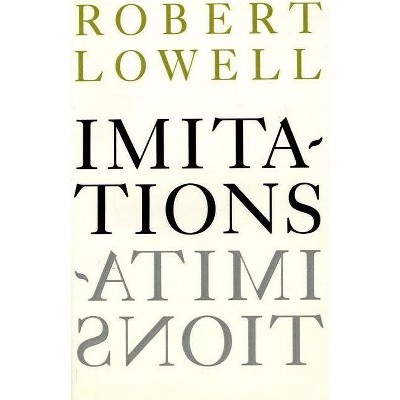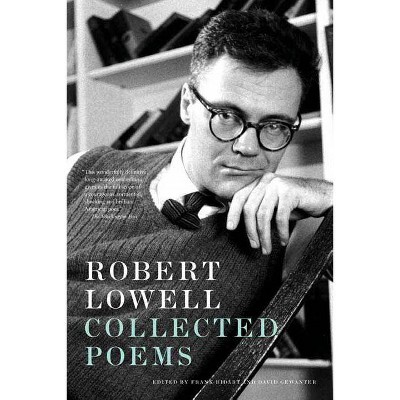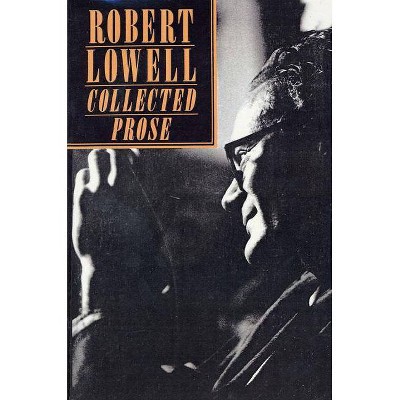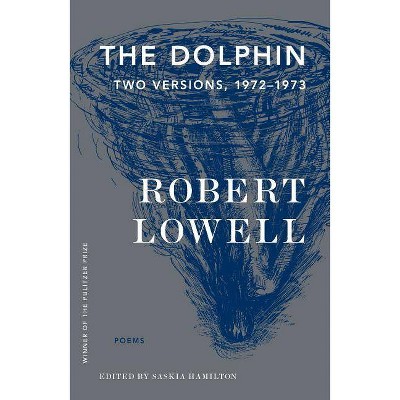Mukat's People - by Lowell J Bean (Paperback)
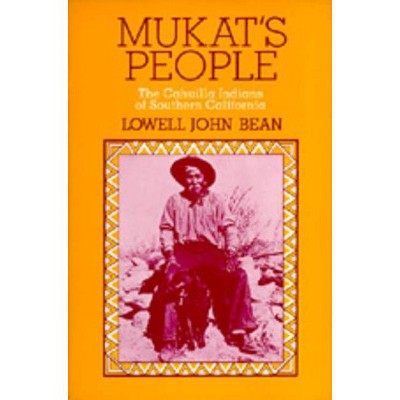
Similar Products
Products of same category from the store
AllProduct info
<p/><br></br><p><b> Book Synopsis </b></p></br></br>From the Introduction by Lowell J. Bean: An apparent dichotomy exists in scientific circles concerning the role of religion and belief systems and a similar dichotomy exists among anthropological theorists. Two assumptions seem to prevail: ritual and world view are more ecologically nonadaptive than adaptive; or ritual and world view are more ecologically adaptive than they are nonadaptive. To examine the relevancy of the opposing theoretical views I will develop hypotheses concerning a particular culture, the Cahuilla Indians of Southern California, which will be used as a test case. I will present two sets of hypotheses which logically follow from each of the assumptions. From the first assumption I suggest that the economic needs of society are impeded by ritual actions which are not only wasteful of productive goods but decrease the production of goods; they take people away from productive activities because of ritual obligations: and . from the second I suggest that the economic needs of society are impeded by normative and existential postulates (for definition see page 16o) which indicate that valuable resources are outside the realm of the economic order; these postulates are disruptive to the production of goods by encouraging people to behave in such a way that they are taken away from productive activity. From this latter viewpoint two other hypotheses follow: the ecoiwmic needs of society are facilitated by ritual action which conserves and increases the production of goods and fosters productive activity by directing personnel toward producing activities; and the economic needs of society are facilitated by normative and existential postulates which foster the use of valuable economic resources and increase the productive process by directing behavior which involves people in productive activities. The validity of the hypotheses will be tested by asking specific questions related to the hypotheses. The questions are: Were goods wasted because of ritual action? Did ritual action take people away from productive activities or did it direct people to produce more goods? Were valuable resources placed outside the realm of economic order by existential postulates? Did normative postulates disrupt the production of goods by rewarding behavior which took people away from productive activity? Or did it reward behavior which fostered the production of goods? Additional questions are: Did ritual and world view encourage the full and rational use of the Cahuilla environment? Did ritual and world view aid in adjusting man-land ratios? Did ritual and world view support a social structure and organization which was adaptive to an environmental base? Did ritual and world view support institutions that were adaptive, such as law, property concepts, warfare, and games? Did ritual and world view have regulatory functions? Did ritual and world view stimulate or facilitate the distribution of economic goods from one part of the system to another? Did ritual and world view limit the frequency and extent of conflict over valuable resources?<p/><br></br><p><b> From the Back Cover </b></p></br></br>"Since Cahuilla culture has not been adequately studied or describe in the past, a straightforward ethnographic presentation alone would have made this a valuable book. However, Bean adds greater depth to the study by posing a series of hypotheses and problems which are then examined in the light of the Cahuilla data. . . . <i>Mukat's People</i> is a tightly-written and informative book, and was a great pleasure to read."--<i>California Historical Quarterly</i> "Bean presents a fairly complete description of one of California's lesser-known Indian tribes before it underwent extensive cultural changes. Combining archaeological, ethnohistorical, and earlier ethnographic descriptions with his own field observations, Bean presents a technical and well-rounded picture of Cahuilla social structure, ritual, world view, and the semi-dessert ecological niche to which the tribe successfully adapted. A welcome edition to the study of ecology, hunters and gathers, desert living, and California Indians."--<i>Choice</i><p/><br></br><p><b> About the Author </b></p></br></br><b>Lowell J. Bean</b> is Emeritus Professor of Anthropology, California State University, Hayward.
Price History
Price Archive shows prices from various stores, lets you see history and find the cheapest. There is no actual sale on the website. For all support, inquiry and suggestion messagescommunication@pricearchive.us
